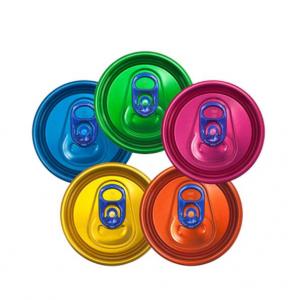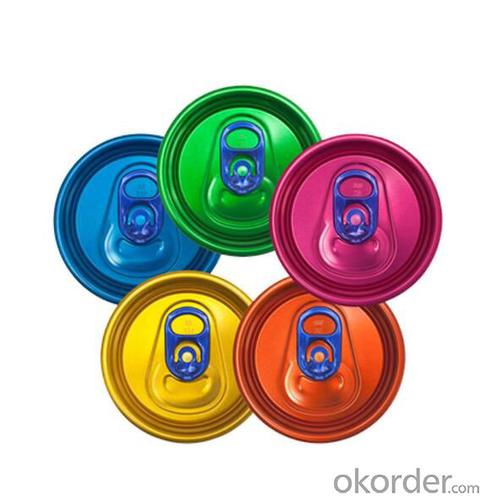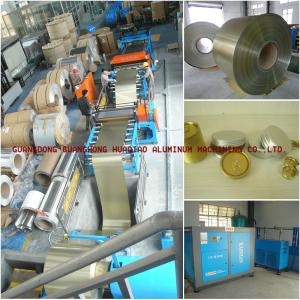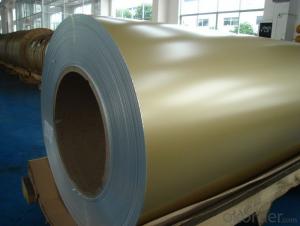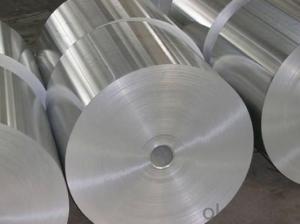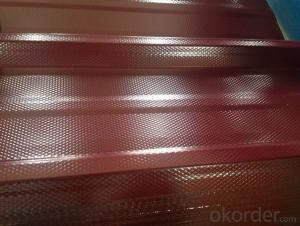Coated Aluminium Coil for Aluminium Can End
- Loading Port:
- Shanghai
- Payment Terms:
- TT or LC
- Min Order Qty:
- 5 m.t.
- Supply Capability:
- 5000 m.t./month
OKorder Service Pledge
OKorder Financial Service
You Might Also Like
1.Specification
ALLOY:AA5182,AA5052
TEMPER:H48,H49
THICKNESS:0.26-0.29mm
WIDTH:60-1800mm(end&tab stock)
PAINT:PPG OR VALSPAR
LUBRICATION:HENKEL
Special specification is available on customer's requirement
2.Description
Coating Systems: Internationally recognised coil coating systems complying with FDA and other industry regulations are available to meet the requirements for beer, tea, carbonated soft drink and other beverages. These include:
A.Water based epoxy resin system
B.Solvent based epoxy resin system
C.Solvent based polyester resin system
D.Coatings are available for post lube or non-post lube applications.
E.Coloured end stock includes a variety of gold shades as well as a limited range of double coated can end to suit specific customer requirements
3.Pictures
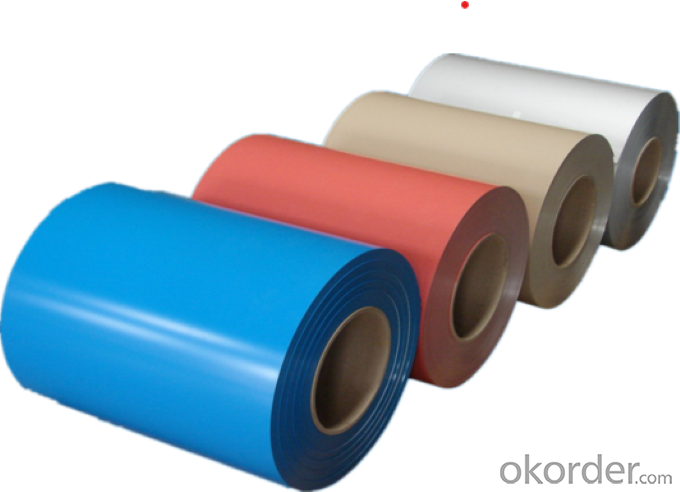
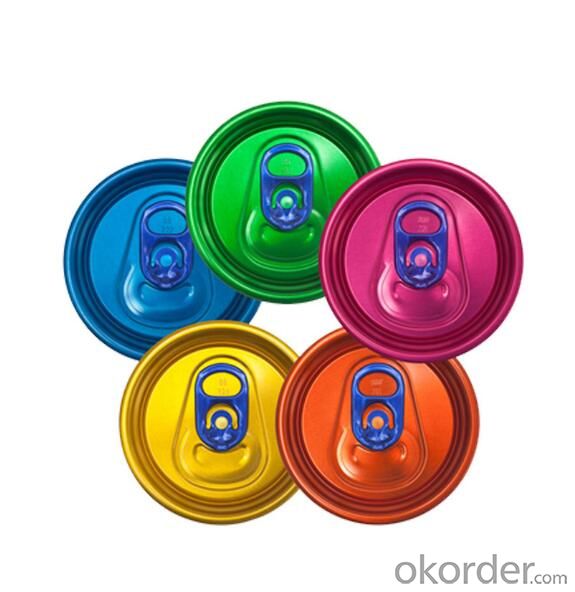
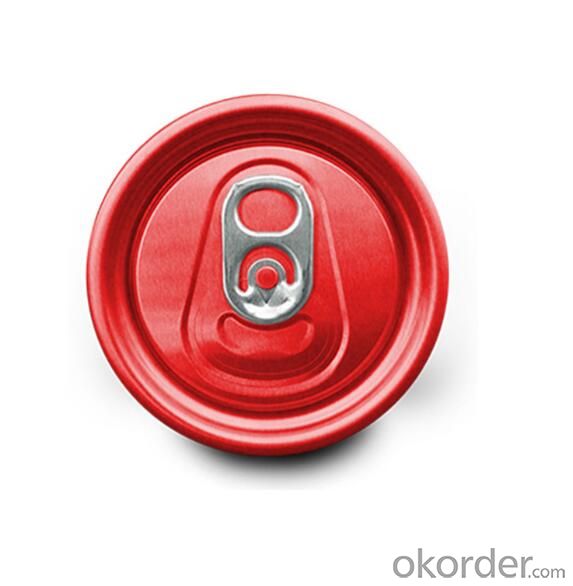
5.Certificates
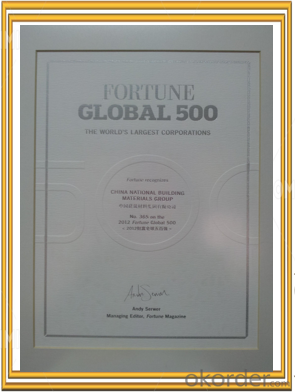
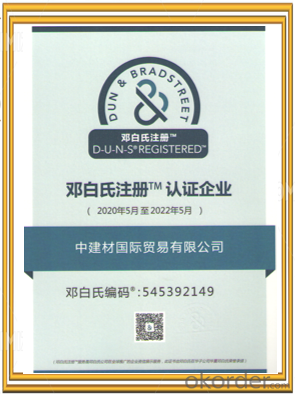
- Q: Is it possible to use a soldering iron to join aluminum coil with solder?
- <p>Traditional soldering irons are not suitable for soldering aluminum coils because aluminum does not readily bond with common solders used for irons. Aluminum has a high oxide layer that forms quickly, which prevents the solder from adhering. Specialized aluminum solder or fluxes are required for this task, and even then, the process might not be as effective as with other metals. For aluminum, brazing or welding techniques are often more appropriate.</p>
- Q: This question asks for a comparison between aluminum coil and iron coil, highlighting their distinct properties and uses.
- <p>Aluminum coil and iron coil differ in several aspects. Aluminum coil is lightweight, corrosion-resistant, and has excellent electrical and thermal conductivity, making it ideal for electrical wiring, heat sinks, and food packaging. Iron coil, on the other hand, is heavier, stronger, and more durable, commonly used in construction, automotive, and heavy machinery due to its high tensile strength. Iron also has magnetic properties, useful in applications like transformers and electromagnets. While aluminum is non-magnetic, it is more cost-effective and has better recyclability compared to iron.</p>
- Q: Are there any specific guidelines for the storage of aluminum coils?
- Yes, there are specific guidelines for the storage of aluminum coils. Here are some key considerations: 1. Location: Aluminum coils should be stored in a clean, dry, and well-ventilated area. The storage facility should be free from excessive humidity, direct sunlight, and temperature fluctuations. 2. Handling: Coils should be handled with care to prevent damage. They should be lifted using appropriate lifting equipment to avoid any bending or deformation. 3. Stacking: When stacking aluminum coils, it is important to ensure that they are properly supported to prevent any distortion or collapse. Coils should be stacked horizontally on a flat surface, ideally on pallets or racks, with sufficient space between each coil to allow for ventilation. 4. Protection: Coils should be protected from dust, dirt, and moisture. They should be covered with a suitable protective material, such as plastic sheets or tarpaulins, to prevent any contamination or oxidation. 5. Labeling and organization: It is recommended to label each coil with relevant information, such as the alloy type, size, and production date. This facilitates easy identification and inventory management. Additionally, maintaining an organized storage system helps prevent damage and allows for efficient retrieval. 6. Inventory management: Regular inspection and inventory checks should be conducted to identify any signs of damage or deterioration. Coils should be rotated to ensure proper usage and prevent any prolonged storage that could lead to quality issues. It is important to note that these guidelines may vary depending on the specific requirements of the manufacturer or supplier. Therefore, it is advisable to consult the manufacturer's recommendations or seek professional advice for the storage of aluminum coils.
- Q: Can aluminum coils be used in refrigeration systems?
- Yes, aluminum coils can be used in refrigeration systems. Aluminum is a popular choice for coil materials in refrigeration systems due to its excellent heat transfer properties and corrosion resistance. Aluminum coils are lightweight, durable, and efficient in transferring heat, making them suitable for use in various refrigeration applications such as air conditioning units, refrigerators, and freezers. Additionally, aluminum coils are easier to shape and install compared to other materials, making them a preferred choice for manufacturers.
- Q: Can aluminum coils be used in the production of chemical storage tanks?
- Aluminum coils, indeed, have the potential to be utilized in the manufacturing process of chemical storage tanks. Aluminum, being an adaptable and long-lasting material, presents numerous advantages when it comes to chemical storage applications. Its resistance to corrosion renders it suitable for the storage of a vast array of chemicals. Moreover, its lightweight nature facilitates transportation and installation in contrast to materials such as steel. Furthermore, its non-magnetic properties can prove advantageous in certain scenarios. Nevertheless, it is crucial to carefully assess the specific demands of the chemicals being stored and seek advice from professionals or manufacturers to ensure that aluminum is the appropriate choice for the intended purpose.
- Q: How do aluminum coils contribute to reduced maintenance costs?
- Primarily due to their exceptional durability and resistance to corrosion, aluminum coils contribute to reduced maintenance costs. Specifically designed to withstand harsh environmental conditions, including exposure to moisture, salt, and chemicals, aluminum coils differ from other metals like copper. This resistance to corrosion ensures that the coils remain intact and functional for extended periods, minimizing the need for frequent repairs or replacement. Moreover, aluminum coils are lightweight, making them easier to handle and install, thus reducing labor costs associated with maintenance activities. Additionally, their high thermal conductivity enables efficient heat transfer, resulting in increased energy efficiency and lower utility bills. Overall, the utilization of aluminum coils in HVAC systems assists in reducing maintenance expenses and extending the lifespan of the equipment, making them a cost-effective choice for both residential and commercial applications.
- Q: Can aluminum coils be used in solar panel applications?
- Yes, aluminum coils can be used in solar panel applications. Aluminum is a lightweight, durable, and corrosion-resistant material that is commonly used in the construction of solar panels. It is often used as a component in the frame or as a backsheet material, providing structural support and protection to the solar cells.
- Q: wood aluminium windows?
- This is not a question?????? wood and aluminum are two different thing. FYI
- Q: Are aluminum coils resistant to saltwater corrosion?
- Yes, aluminum coils are resistant to saltwater corrosion.
- Q: Classification of aluminium rolls for aluminium rolls
- To spare, so in order to cope with the development of science and technology, in order to contain other aluminum alloy elements, the International Federation of special aluminum strip showed that 9000 series of alternate series, waiting for a new product to fill the gaps of the 9000 series.
Send your message to us
Coated Aluminium Coil for Aluminium Can End
- Loading Port:
- Shanghai
- Payment Terms:
- TT or LC
- Min Order Qty:
- 5 m.t.
- Supply Capability:
- 5000 m.t./month
OKorder Service Pledge
OKorder Financial Service
Similar products
Hot products
Hot Searches
Related keywords
